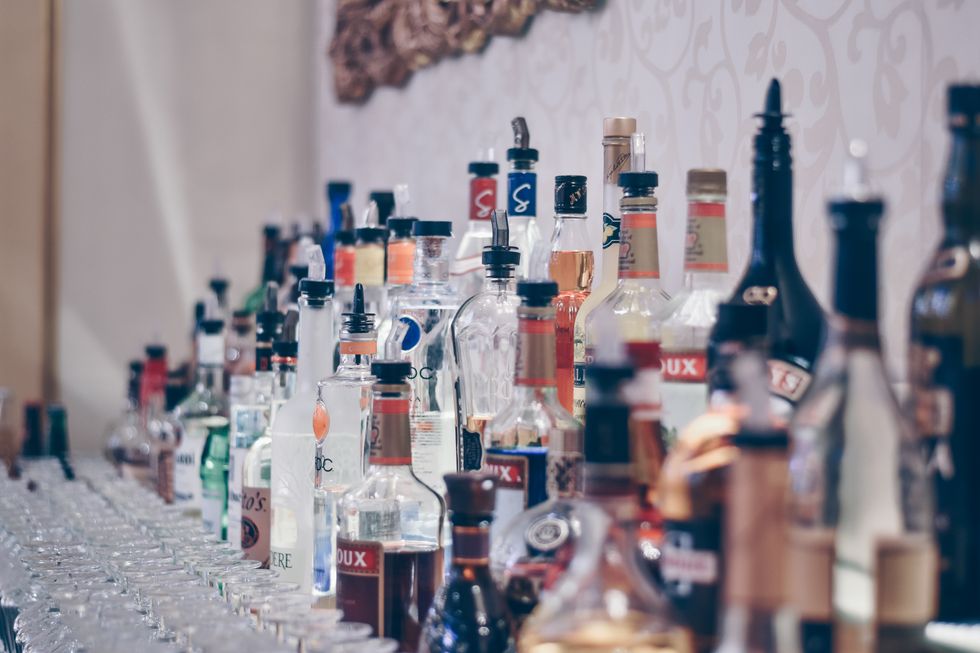When someone says alcoholic, people think of someone who: is a mess, spends every penny on alcohol, is always intoxicated, isn't productive or successful, and is typically an adult 30 or over.
Little do people realize how prevalent alcoholism is among young adults.
It's normal for college kids to go out a couple times in a month, and it's not uncommon for college kids to engage in heavy drinking when they go out.
They're young, they have more freedom, alcohol is accessible, and it's simply part of the culture at that age. It's normal to go out and have a few — or few too many — drinks and enjoy yourself.
When drinking seeps to a deeper level than just fitting into the setting and it becomes more than "eh, why not?" then the problem of alcoholism starts to form.
So many young adults are unaware of this problem because drinking is just a part of the culture at that age. Drinking is so 'normal,' that it's easy to miss an issue.
We can often surround ourselves with people who are young alcoholics but not even know.
People can start to abuse alcohol because they feel the need to fit in, they feel like they can't have fun without it, or they feel more 'liked' while drunk.
Girls who get a little too drunk at a couple parties or have a couple funny drunk moments might take on the status of "The Drunk Friend" and then feel the need to live up to the name. Guys with low tolerances might drink as much as their high tolerance friends just to show they can keep up and impress everyone.
Alcoholism is not something to be taken lightly, but it blends in so well at this young age. At times, it's hard to tell who's drinking just for their own enjoyment and who's drinking for others enjoyment.
According to the National Institute on Alcohol Abuse and Alcoholism, roughly 20% of college students meet the criteria for Alcohol Use Disorder.
While many college students grow out of their heavy drinking habits before it becomes a long-term problem, it's still a problem now.
We need to bring more awareness to this issue. We need to watch for signs of alcoholism in both actions and words. We need to educate people — parents, teachers, professors, college students, high school students — on the issue of alcoholism and alcohol abuse in college years.
It needs to be known that this is an issue.
It doesn't matter how well someone does in school, at work, or in any other situation.
It doesn't matter if it makes them feel better or makes everyone else happy.
It's alcoholism, and it's a problem.
To assess if you or someone close may have Alcohol Use Disorder, refer to these questions from the National Institute on Alcohol Abuse and Alcoholism.
For more information on alcohol abuse, visit the website for the NIAAA.









































